The Advantages and Disadvantages of Using the Internet
The Internet has become an inseparable part of modern life. It connects people, provides information instantly, and makes daily activities faster and easier. Whether you are a student doing research, an employee working remotely, or someone simply looking to relax with a movie, the Internet is involved in almost everything you do. Over the past few decades, this global network has completely transformed the way we live, communicate, study, and work.
However, just like any great invention, the Internet comes with both benefits and drawbacks. While it offers unlimited access to information and convenient communication, it can also bring problems such as privacy risks, misinformation, and overdependence. In this article, we will explore the major advantages and disadvantages of using the Internet, and see how it influences our personal, academic, and professional lives.
1. Easy Access to Information
One of the biggest advantages of the Internet is the ability to access information quickly and easily. The Internet has become the world’s largest library, containing millions of articles, books, videos, and databases that can be reached with a few clicks. From learning a new language to reading the latest scientific discoveries, the Internet has made knowledge available to everyone, regardless of age or location.
Unlike the past, when people had to spend hours in libraries searching through printed materials, now it takes only seconds to find what you need. Search engines such as Google and Bing allow users to look up topics instantly and compare information from multiple sources. This accessibility helps students with their studies, researchers with their projects, and ordinary users who just want to learn something new.
Furthermore, the Internet allows access to both current and historical data, in various languages, and on almost any subject imaginable. This has made learning not only faster but also more flexible, as people can educate themselves anytime, anywhere — even through their smartphones.
2. Communication Made Simple
Before the Internet, communication between people living far apart was often slow and expensive. Sending letters took days or weeks, and international calls were costly. The Internet has completely changed that. Today, we can send messages, make voice or video calls, and share files instantly, often for free.
Email, instant messaging apps, and social media platforms like WhatsApp, Telegram, and Facebook have brought people closer together. Families living in different countries can see each other through video calls; friends can stay connected through group chats; and professionals can collaborate online without meeting in person.
The Internet has also made it easier for businesses to communicate internally. Employees can send reports, host online meetings, or collaborate on shared documents in real time. This has not only improved efficiency but also made remote work possible something that became essential during the COVID-19 pandemic.
3. Online Education and Research
Education has greatly benefited from the Internet. Online learning platforms such as Coursera, Udemy, and Khan Academy have opened doors for millions of people to gain new skills from anywhere in the world. Students no longer need to attend physical classes; they can join virtual classrooms, watch recorded lectures, and submit assignments online.
For researchers, the Internet is an invaluable tool. It allows them to access academic papers, collaborate with international colleagues, and collect data efficiently. Cloud storage and online databases mean that research materials are always available and can be shared safely with others. The Internet also supports long-term studies by providing platforms for surveys, statistical analysis, and peer communication.
4. E-Commerce and Online Shopping
Another major advantage of the Internet is the rise of online shopping. E-commerce has revolutionized the way people buy and sell goods. Instead of visiting physical stores, customers can browse thousands of products, compare prices, and make purchases from the comfort of their homes.
Websites such as Amazon, eBay, and AliExpress have made shopping faster, safer, and often cheaper. Many businesses have also moved online, creating websites and apps to reach a global audience. For consumers, this means more options, better prices, and easy access to international products.
Online shopping is not only convenient but also time-saving. Payments can be made securely, and goods are delivered directly to your door. This level of convenience has turned e-commerce into one of the most dominant trends of the digital age.
5. Entertainment and Social Media
The Internet has also become a primary source of entertainment. Platforms such as YouTube, Netflix, Spotify, and TikTok allow users to watch movies, listen to music, or share their own content with the world. Social media networks give everyone a chance to express themselves, build communities, and stay informed about what’s happening globally.
Gaming has also become a huge part of online entertainment. Multiplayer games allow people from different countries to compete or cooperate in real time. This not only makes gaming fun but also helps people connect across cultures.
However, the constant flow of entertainment can be addictive. Many users spend hours scrolling through feeds or watching videos without realizing how much time they’ve lost a disadvantage we’ll discuss later.
6. Financial and Professional Benefits
The Internet has opened new opportunities for business and employment. Companies use websites and online advertising to reach customers, while freelancers and entrepreneurs can find jobs and clients around the world. Platforms like LinkedIn, Fiverr, and Upwork have made it possible for professionals to work independently and earn money online.
For organizations, the Internet provides tools for data management, marketing, and customer service. Online banking and digital payments have also simplified financial transactions, making them faster and more secure. As a result, the Internet has become a central part of the global economy.
7. Advantages for Society and Government
Governments and institutions use the Internet to provide services and information to citizens. E-government platforms allow people to pay taxes, renew licenses, and access public records without visiting offices. This not only saves time but also increases transparency and efficiency.
Socially, the Internet has given people a voice. Activists, journalists, and ordinary citizens can share opinions, raise awareness, and support causes instantly. Online platforms have empowered movements and connected communities around shared goals.
8. The Disadvantages of Using the Internet
While the Internet offers many advantages, it also has some serious disadvantages that users must be aware of.
a. Privacy and Security Risks
One of the biggest concerns is the lack of privacy. Every time you browse, shop, or post online, your data may be collected, shared, or even stolen. Cybercriminals use techniques like phishing, malware, and hacking to access personal information such as passwords or credit card numbers.
Even social media platforms can misuse user data for advertising or political purposes. Protecting privacy online requires strong passwords, secure connections, and caution when sharing personal details.
b. Misinformation and Fake News
The Internet is full of information, but not all of it is reliable. Misinformation, rumors, and fake news spread quickly, especially on social media. This can influence public opinion, cause panic, and even harm reputations or businesses.
Users must learn to verify sources, think critically, and avoid sharing unverified content.
c. Internet Addiction and Mental Health Issues
Another major disadvantage is addiction. Many people spend excessive time online — browsing social media, watching videos, or playing games which can affect their productivity and mental well-being.
Studies show that heavy Internet use can lead to anxiety, depression, and social isolation. Balancing online and offline life is essential to maintaining mental health.
d. Reduced Face-to-Face Interaction
While the Internet improves virtual communication, it can reduce real-world social interactions. People may prefer chatting online to meeting in person, which can weaken relationships and interpersonal skills over time.
This is particularly concerning for young people who grow up spending most of their time online rather than engaging in real social experiences.
e. Cyberbullying and Online Harassment
Social media has also created space for negative behaviors such as cyberbullying, harassment, and hate speech. Victims often face psychological stress, and the anonymity of the Internet makes it easier for offenders to act without consequences.
Governments and platforms are working to implement stronger laws and moderation tools, but users themselves must act responsibly and report harmful behavior.
9. The Balance Between Benefits and Risks
The Internet is neither entirely good nor bad — it’s a tool, and how we use it determines its impact. When used wisely, it empowers education, innovation, and connection. But when used carelessly, it can cause harm, addiction, or data loss.
Finding the right balance is key. Setting time limits, using reliable sources, and protecting personal data are simple steps that can make Internet use safer and more beneficial.
10. The Future of the Internet
Looking ahead, the Internet will continue to evolve. With technologies like 5G, artificial intelligence, and the Internet of Things (IoT), our connection to the digital world will become even faster and more integrated into daily life.
Remote work, smart homes, online healthcare, and digital education will grow further, making the Internet an even more essential part of society.
However, with these advancements come greater responsibilities — ensuring cybersecurity, maintaining digital ethics, and preventing misinformation will be more important than ever.
Conclusion
The Internet has undeniably changed the world. It has made knowledge accessible, communication effortless, and life more convenient. From education and research to shopping and entertainment, it offers countless advantages that continue to shape the modern era.
Yet, alongside these benefits, we must acknowledge its disadvantages from privacy issues to overuse and misinformation. The key lies in responsible usage: using the Internet as a tool for progress, not distraction.
In the end, the Internet is a mirror of human society powerful, creative, and full of potential, but also capable of reflecting our flaws. The more wisely we use it, the more it can help us build a connected, informed, and better world.



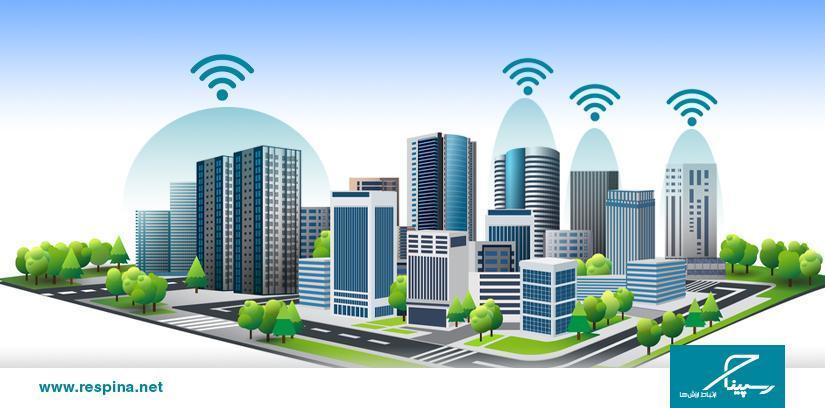
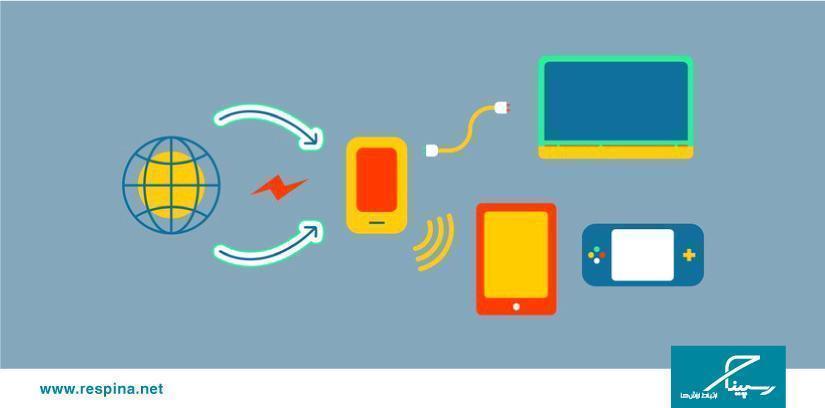
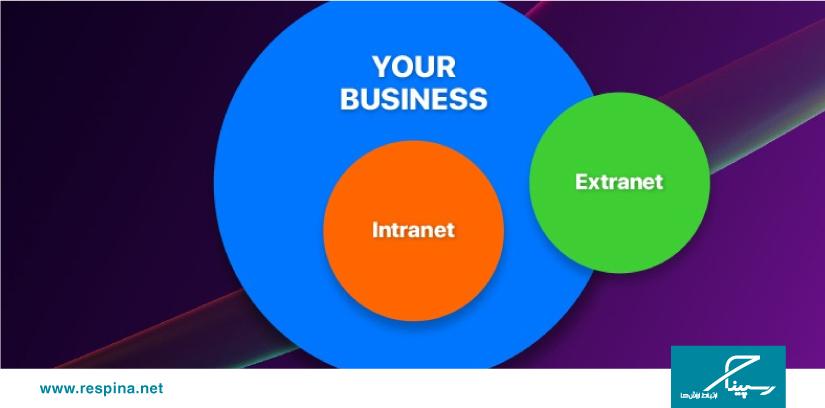



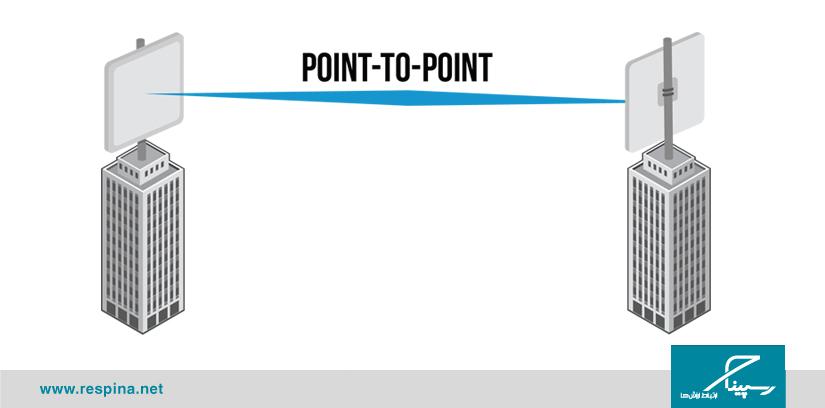
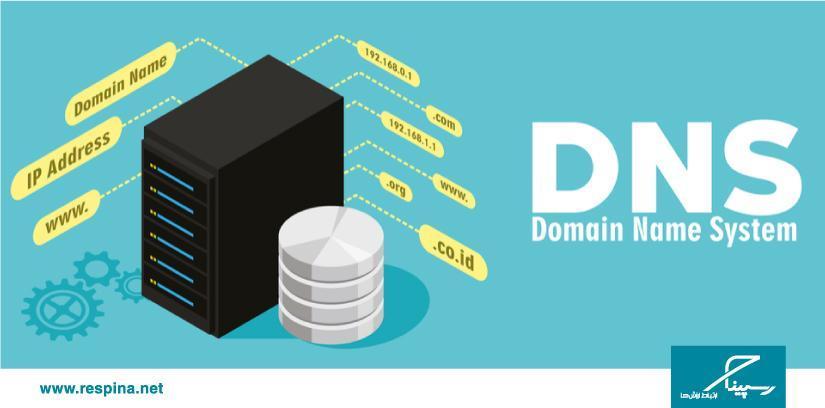

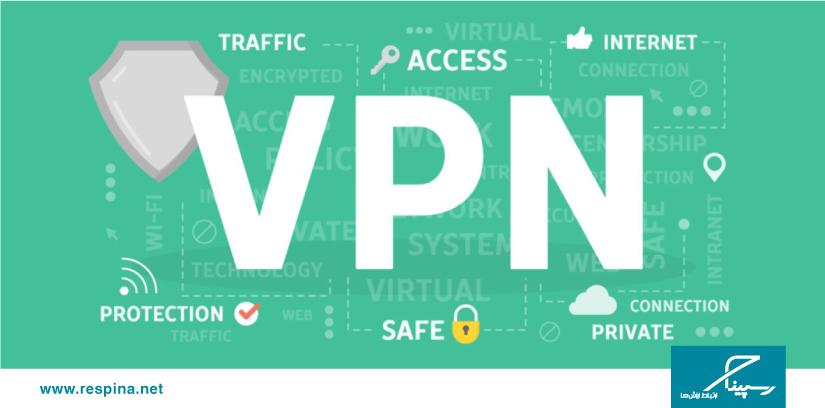

دیدگاهتان را بنویسید
برای نوشتن دیدگاه باید وارد بشوید.